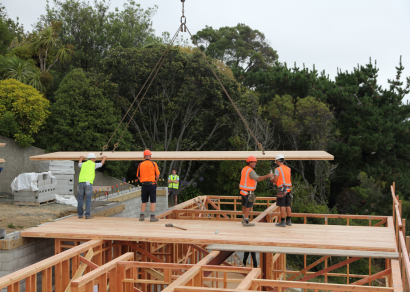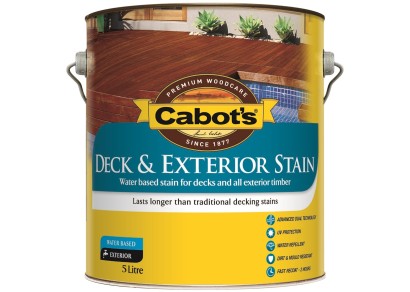Our Response
What should our response be?
There are many elements to this situation, this isn’t a simple fix. We need to consider the issues that are impacting both the supply and demand aspect. We need to be thinking about the wider construction industry and the part that each stakeholder can play in helping to maintain productivity and affordability in these constrained times.
The response is critical. This cannot be a report simply to add to the fearmongering, we need to build positive steps that stakeholders can take to start to have an impact on the situation.
We asked suppliers what they thought would be useful to respond to supply chain issues. The clear message was around better planning and communication from all parties – architects, specifiers builders, trades and clients.
As an industry, we are often poor at planning ahead, or at least poor in communicating that planning to each stakeholder across the construction process. Large commercial construction firms often do a good job of bringing suppliers into the fold early to ensure timely delivery, but at the smaller end of the market we lack the systems and processes to help suppliers anticipate what might be coming.
However, even where we are doing a reasonably good job now, there’s still room for a lot more communication and planning.
It might seem overly simplistic to say we need to plan ahead, communicate early, and share more detail. However, given how the industry has traditionally operated, to do this well requires a real shift in the way we think about the build process and how we engage trades, suppliers, and clients.
We need to start changing the expectations of end clients around accessibility of product, ease of substitution, and speed of build – this will require some tough conversations, but also needs to be backed by industry bodies and the media. It’s difficult as a standalone builder to tell a client that what used to be standard is now unrealistic in terms of timeframes, price, and accessibility. It requires support from industry bodies and a national conversation to change client expectations.
We need merchants to be working as the conduit between builders and suppliers with better forecasting of what’s coming up. Merchants need to be trusted to sit in this role, and they need to be supported to collect this information and channel it in the right way.
We need architects and specifiers to take lead times into account in specification, and to communicate around what has been specified and when it’s likely to be required on site. Yes, specifications change between the design and construct teams, but communication around intended specification will still help.
We need builders and trades to reconsider what’s realistic for a build programme, and to communicate early with merchants, architects, specifiers, clients and suppliers to ensure the programme runs relatively smoothly. Conversations with builders over the last few months suggest that while they have started to make allowances for product availability and delays, there are still more allowances that need to be made.
Beyond this there is a role for government in helping to ease some of the supply issues and their impacts. We asked suppliers what they believe the New Zealand Government could be doing to alleviate some of the pressure on businesses that supply to the construction industry. Several key themes emerged:
| Ease the pressure at ports | “Assist local companies to improve the service at all NZ ports. Hire ships for our export/import businesses. Improve infrastructure. We are heading towards a third world country.” |
|---|---|
| A new strategy for ports | “Restructure council managed ports so they are performance driven public companies, we have Ports of Tauranga as benchmark. The current mixed approach to port management clearly is not working.” “Developing NZ only shipping supply lines, where we are not reliant on shipping which is diverted or waypointed via other ports before finishing in NZ.” |
| Improve immigration for skilled workers | “Open immigration to skilled and required workers.” “We have been loaded with extra costs by government such as increases to minimum wage and extra sick days. The biggest problem is getting staff. The single best thing the government could do is let migrants in.” |
| Invest in NZ manufacturing and tech | “Support NZ made initiatives. Drive policy for up-skilling companies and protection from inherent risks as a SME.” “They could make loans more readily available to businesses that want to expand but need to invest significant amounts e.g. several million dollars to get additional equipment.” |
|---|---|
| Invest in construction tech | “Invest in the construction tech sector more as AI for project management and design gives better tools for forecasting and provides greater lead time preparation for materials.” |
| Change the expectations around construction timelines | “Better manage the expectations of the public with regards to the amount of time projects will take to complete.” |
| More efficient local council stakeholders | “Push harder on councils to increase their efficiencies around consents and inspections, plus train their staff on more products and systems – too much time wasting from councils is slowing projects significantly.” |
About EBOSS
Established in 2006, EBOSS works with leading building product suppliers to assist in material selection by specifiers. Trusted by 30,000 architects, designers, builders, sub-trades, council planners and engineers, who subscribe to the EBOSS digital product library and publications, EBOSS regularly engage with members of New Zealand’s architectural, design and construction community.
CONTACT:
Matthew Duder
Managing Director, EBOSS
[email protected]
+64 9 550 5464























